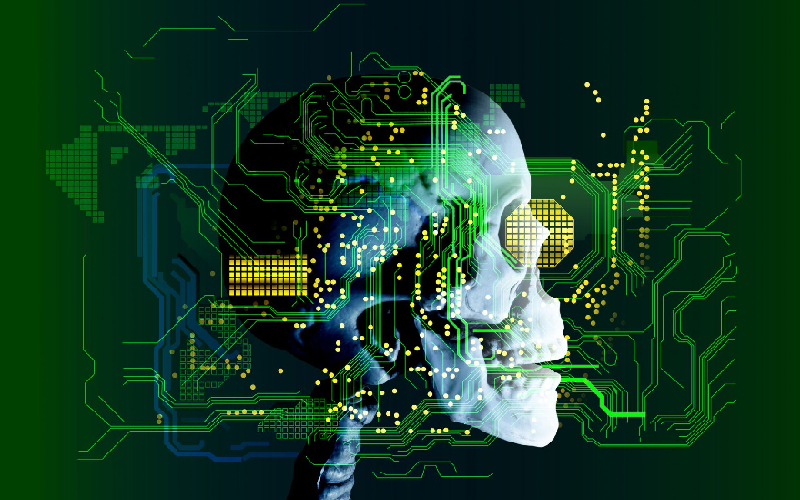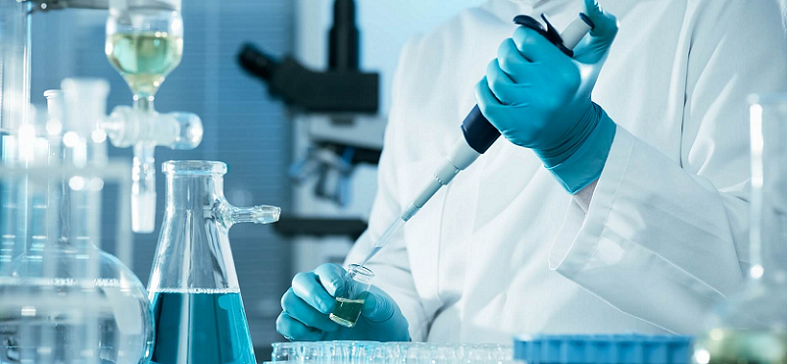
Biohacking, the practice of using technology and biology to optimize health and performance, is becoming increasingly popular in today’s society. With the advancements in technology, it has become possible to explore and improve our biological systems like never before. From wearable devices to smart pills, biohacking offers a range of tools and techniques to help individuals enhance their physical and cognitive abilities. Here we delve deeper into the intersection of technology and biology in biohacking and explore the potential implications for healthcare and society as a whole.
What Is Biohacking?
Biohacking is a practice that involves using technology and biology to improve health and performance. It encompasses a wide range of techniques, from nutritional interventions to advanced brain-computer interfaces. Some of the most common forms of biohacking include optimizing diet, exercise, and sleep habits, using wearable devices to track health metrics, and taking supplements or nootropics to enhance cognitive function.
While biohacking has the potential to offer significant benefits, it also carries risks and ethical considerations. Some experts are concerned that unregulated biohacking could lead to unintended consequences, including side effects and potential long-term health risks. As biohacking continues to evolve, it will be important to balance the benefits with the potential risks and ensure that individuals engage in responsible and safe practices.

Health Biohacking
Health biohacking is a growing movement that seeks to optimize health and wellness through the use of technology and biology. It encompasses a wide range of techniques and approaches, from nutritional interventions to digital tracking and analysis of health metrics. Health biohacking is based on the principle that we can use data and technology to gain insights into our bodies and minds, and use this information to make targeted interventions that optimize health and wellness.
Some of the most popular health biohacks include tracking health metrics using wearable devices, experimenting with different diets or fasting regimes, taking supplements or probiotics, and using natural remedies and alternative therapies. Other health biohacking practices may involve more advanced interventions, such as genetic testing, stem cell therapy, or hormone optimization.
One of the key benefits of health biohacking is the ability to take a proactive approach to health and wellness, rather than relying solely on reactive medical care. By tracking health metrics and making targeted interventions, individuals can identify potential health issues before they become serious, and take steps to prevent chronic illness and improve overall well-being.
It is important to approach health biohacking with caution, and to seek guidance from qualified professionals. Some health biohacks may carry risks and side effects, and it is important to understand the potential risks and benefits of any intervention before trying it. With the right guidance and approach, health biohacking can be a powerful tool for optimizing health and wellness.

Performance Biohacking
Performance biohacking is a form of biohacking that focuses on improving cognitive and physical performance. It involves using technology and biology to enhance various aspects of human performance, such as memory, focus, strength, and endurance. Some of the most common performance biohacks include taking nootropics, using brain-computer interfaces to improve cognitive function, and experimenting with different forms of exercise or training.
Technology plays a critical role in performance biohacking, with a range of advanced tools and devices available to help individuals enhance their cognitive and physical abilities. For example, some performance biohacks may involve using virtual reality or other advanced simulations to practice and improve specific skills or abilities. Other performance biohacks may involve more traditional techniques, such as meditation, breathing exercises, or cold exposure.
One of the key benefits of performance biohacking is the potential to gain a competitive advantage in various fields, such as sports, business, or creative endeavors. By optimizing cognitive and physical performance, individuals can achieve higher levels of productivity, creativity, and performance in their chosen field.
Risks and Ethical Considerations of Biohacking
Biohacking can carry potential risks and ethical considerations that need to be carefully considered. While many biohacks are relatively safe and carry minimal risks, others may carry more significant side effects or long-term health risks.
Some of the potential risks of biohacking include adverse reactions to supplements or other interventions, as well as unintended consequences from more advanced interventions such as gene editing or stem cell therapy. In addition, some experts have raised concerns about the long-term effects of certain biohacks, such as high-dose vitamin supplementation, which could potentially lead to negative health outcomes over time.

Ethical considerations also play a role in biohacking, particularly in the realm of performance enhancement. Some experts are concerned that the use of technology and biology to enhance human performance could lead to a two-tiered society, where only those who can afford advanced biohacks have access to the benefits of performance enhancement. In addition, some experts are concerned about the potential for cheating in competitive fields, such as sports or academics, where the use of performance-enhancing biohacks could provide an unfair advantage.
It is important to approach biohacking with caution and to seek guidance from qualified professionals. Responsible and safe biohacking practices can offer numerous benefits, but it is essential to understand the potential risks and ethical considerations of any intervention before trying it. By balancing the benefits and risks of biohacking, individuals can make informed decisions about how to optimize their health and performance in a responsible and sustainable way.
Future of Biohacking
The future of biohacking is likely to be shaped by continued advancements in technology and biology. As technology becomes more advanced and accessible, individuals will have more tools and techniques at their disposal to optimize their health and performance.
Some of the potential future developments in biohacking include more advanced brain-computer interfaces, which could allow individuals to control machines or computers with their thoughts. In addition, advances in gene editing technology could allow for more precise interventions in the human genome, potentially leading to new treatments for genetic diseases or even genetic enhancements for performance or longevity.
The future of biohacking also has implications for healthcare and society as a whole. As individuals become more empowered to take control of their health and well-being, there may be a shift towards more personalized, proactive healthcare that is focused on prevention and optimization rather than reactive treatment of illness. However, this also raises concerns about access to biohacking technology and the potential for a two-tiered society where only those who can afford advanced biohacks have access to the benefits of optimal health and performance.
The future of biohacking will be shaped by ongoing research and development, as well as social and ethical considerations. As individuals continue to explore the intersection of technology and biology, it will be important to balance the benefits and risks of biohacking, and to ensure that the development and use of biohacking technology is guided by responsible and ethical principles.
